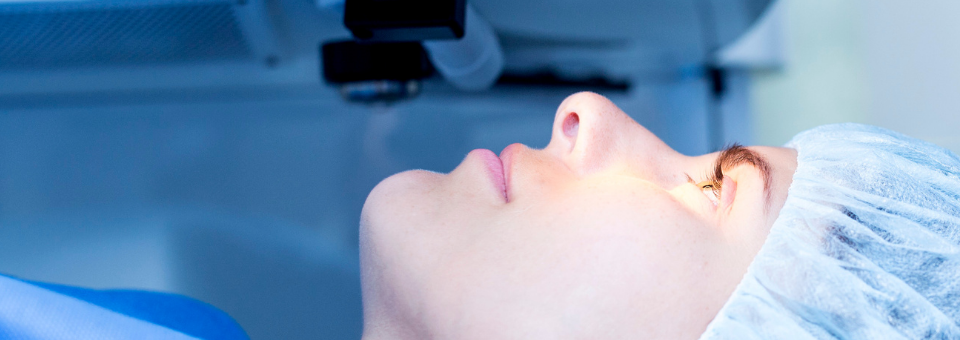New at HGH!– Cataract surgery starting in December 2021
Ophthalmology is a medical specialty that deals with vision health and the treatment of serious eye diseases. Ophthalmologists can diagnose, treat and prevent eye diseases as well as perform surgery and eye-related procedures.
Ophthalmologic surgery performed at HGH
- Cataract surgery
Cataract surgeries performed at HGH are day surgery, meaning that patients do not need to stay overnight. You arrive at the hospital on the morning or your surgery and return home later on the same day. Therefore, you will have to be away from work or home for less time and you can recover in the comfort of your own home.
Who do we serve?
- People aged 16 and older
How to access our services?
You must have a referral from your physician or optometrist to book an appointment with a surgeon at the Ophthalmology Clinic.
Ophthalmologic Surgery is part of Perioperative Services.
